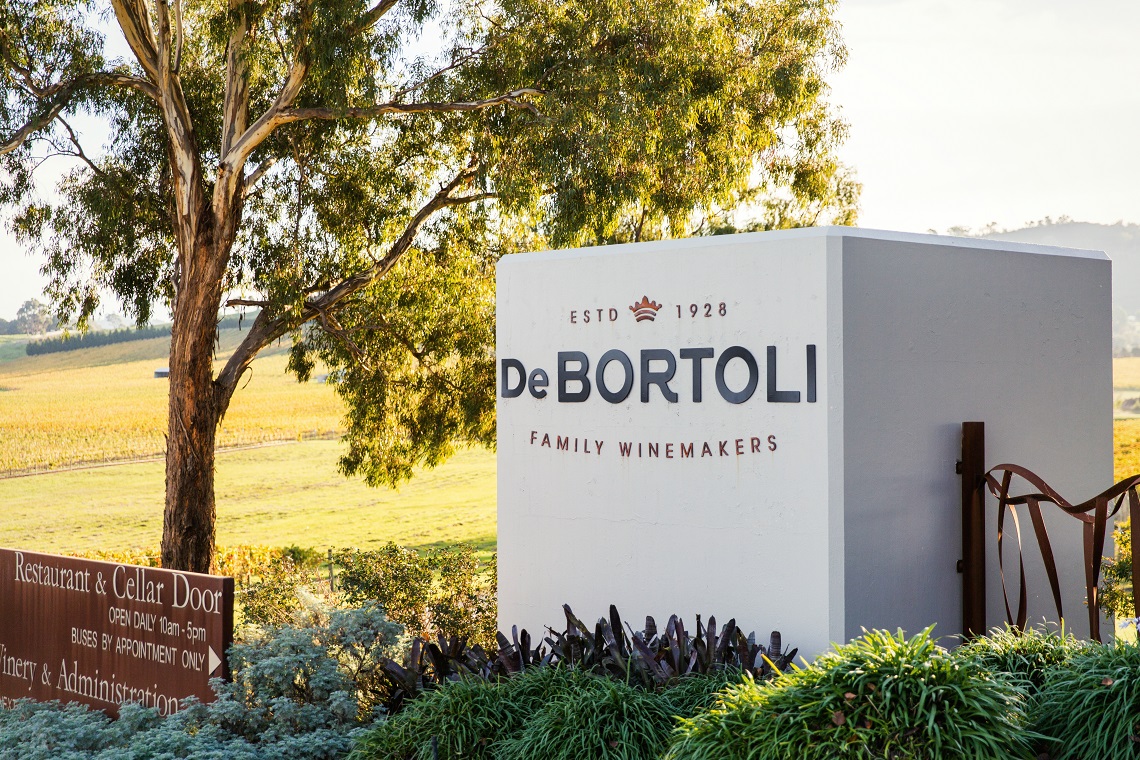De Bortoli Wines (DBW) celebrated its 90th anniversary in 2018 with three awards at the Australian Liquor Industry Awards (ALIA). For Darren De Bortoli, Managing Director of DBW, winning these awards was an “honour” that he plans to defend in 2019 in true De Bortoli style – with innovation.
“The De Bortoli team were extremely excited by the wins on the night. We always strive for innovation and ingenuity, and we plan to retain our ‘crowns’ by being at the forefront of trends, and using this to innovate our wines, bottles and labels to ensure our brands have maximum consumer and shelf appeal.
“We are incredibly proud to still be a family-owned winery, three generations and 90 years on from when Vittorio [De Bortoli] first planted Shiraz grapes near Griffith. Continuing their legacy in pushing the boundaries of winemaking from Noble One, which is one of the most awarded wines in the world, to igniting Australia’s love of pale, dry rosé with the Rosé Revolution. We are committed to continuing this legacy to be at the forefront of winemaking innovation and look forward to seeing the next generation find their place in the company.”
DBW’s approach was rewarded last year as the company won the inaugural Winery Innovator of the Year Award at the 2018 International Wine and Spirit Competition for the packaging of its Rosé Rosé. Moving forward, De Bortoli highlights the importance of standing out in a crowded marketplace.
“Regardless of how good the wine is, you need to attract customers’ attention with eyecatching packaging. The colour of the rosé is also an important factor, as pale rosés let customers know that the wine is generally dry in style. The judges commented that the packaging was a visual, tactile way of bringing the essence of what’s in the bottle to the outside. This is what we always aim to do – demonstrate to our customers the personality of the wine through the packaging and attract their attention.”
Last year also saw De Bortoli Wines introduce Australia’s first Wine Advent Calendar and acquire Rutherglen Estates. So for De Bortoli, it was a big year, but not without its challenges, and he expects plenty more opportunities and trials in 2019.
“The challenge we faced in 2018 was managing the rising cost of production and price elasticity of our wines. Since our beginning in 1928, we are proud to be continuing the work of Vittorio and Deen De Bortoli by pushing the boundaries of winemaking to produce premium wines that are enjoyed by everyone.”
As well as innovating and experimenting with its wines, DBW is also committed to exploring environmental possibilities as 2019 moves forward. De Bortoli lists “sustainable, organic and low alcohol products” as major opportunities this year, with water security another major issue that the industry should be discussing.
“We are already leading the industry in our quest to become a zero-waste winery and have received recognition for our work on wise water management and improved waste management. We are currently converting 10-15 per cent of our Riverina vineyards to organic. The challenge for us is to continue challenging ourselves with unique innovations and managing the continuous increases in costs.
“The wine industry should be discussing water security in 2019. We need to ensure we are all working on improving social, economic and environmental outcomes for the Murray Darling Basin.”
This article was written for the 2019 National Liquor News Annual Industry Leaders Forum published in February.

